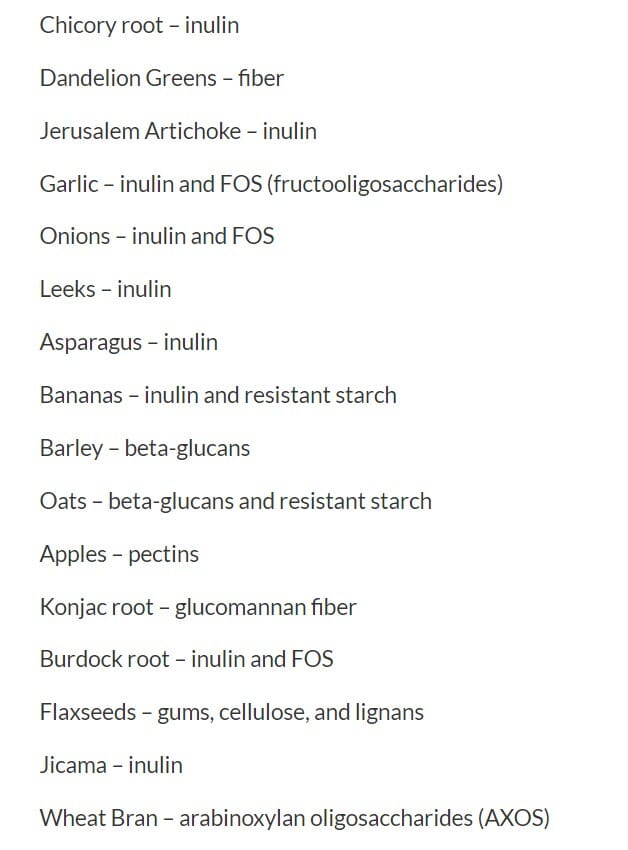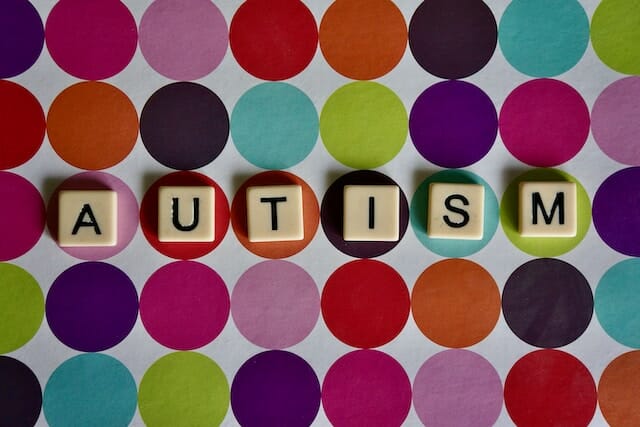
The hidden influence unveiled in autism could open up new, revolutionary avenues for potential treatments.
Autism is increasing at rapid rates, and researchers may be looking in the wrong places for the answer as to why.
The Centers for Disease Control released statistics in April that show the latest autism rate was
1 in 150 in 2000
1 in 44 in 2018
1 in 36 children in 2020!
An extensive meta-analysis of 25 autism studies could shift the focus of research into the cause of autism from genetics to environmental triggers.
The research ties the disorder to changes in the gut microbiome, a community of microbes that live in the colon and are responsible for creating metabolites and other compounds crucial to our health and wellness.
Changes in the gut microbiome
Many influences outside of the human body are killing these beneficial microbes, which aren’t genetically part of us but live in symbiosis with humans.
The new study, published June 26 in Nature Neuroscience, has linked autism spectrum disorders (ASD) to a distinct microbial signature that’s dysbiotic, or unnaturally out of balance.
As in an ecosystem, too much of certain problematic species can destroy the overall ecology or lead to problematic consequences, such as too many of certain metabolites and not enough of others.
The Study Findings in Simple Terms
There’s something in the environment that’s triggering a gene that otherwise would be silent.
The new research suggests that autism is linked to these environmental gene triggers, which are influenced by the microbiome and modifiable over the course of our lifetime.
Autism has been connected to more than 100 genes so far. But the puzzle has gotten more complex with environmental associations that seem to keep growing
What Can Trigger A Gene?
Triggers can be physical (such as biological or chemical) but also can be emotional and social, and they can interfere with physiology.
Examples include
- air pollutants
- artificial food ingredients glyphosate
- medications
- viruses
- stress (which causes a biochemical cascade of changes in the body).
- heavy metal and mold exposures
- multiple infections
All of these exert influence by changing the microbiome.
Get my FREE eBOOK HERE Gut Matters: 4 Ways to Optimize Your Digestion
to Boost Your ‘Second Brain’ and Improve Your Mood
Prebiotics, Probiotics and Your Microbiome
Trillions of tiny microbes—collectively called your microbiome—exist mainly inside your intestines, in your mouth, and on your skin.
While some are potentially harmful, others are extremely important for supporting your health. Maintaining nutritional status, immunity, and the behavior of the brain are related to a healthy balance of
Prebiotics
Prebiotics (see list on the right) essentially act as a gut fertilizer. That’s because they are certain non-digestible carbohydrates (fiber) that nourish healthy microorganisms (probiotics).
The most effective way to influence your gut microbiome in the right direction is to consistently include a wide variety of fiber in your diet.
CLICK HERE for my great “Fibergy Active” that I use and recommend. A powerful, prebiotic blend of soluble and insoluble fibers for optimal gut health.
Probiotics
Acquiring probiotics from your diet is a matter of choosing and incorporating certain foods into your meals. You can find them in fermented dairy foods, like yogurt, buttermilk, kefir, and some types of cheese. Fermented soy products like tempeh, miso, and natto are also excellent sources. Even vegetables get into the act with kimchi, pickles, and sauerkraut.
CLICK HERE for the probiotic food supplement I use for digestive and immune health
Need support?
Reach out to me at [email protected] and set up a FREE 15 minute consultation to see where you might begin on your health journey!

DISCLAIMER
The information contained in this blog is for educational purposes only and is not designed to replace or take the place of any form of medical or professional advice; and is not meant to replace the need for independent medical, financial, legal or other professional advice or services, as may be required.





























